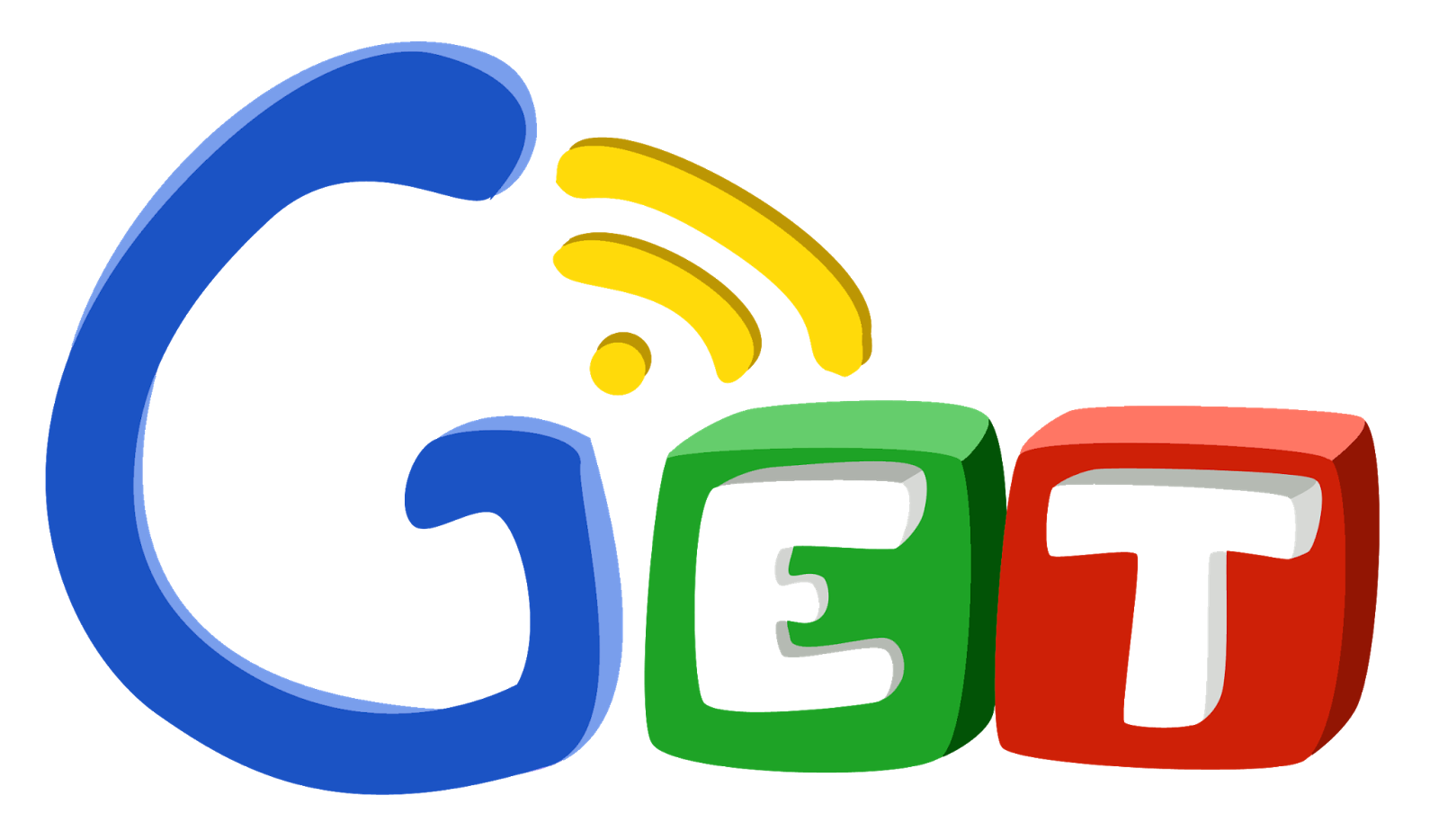Understanding the MEd: Exploring the Master of Education Degree for Career Growth
Introduction to the MEd Degree
In the field of education, the abbreviation MEd stands for Master of Education . This graduate-level degree is awarded by universities to individuals who pursue advanced studies in education, with the goal of enhancing their expertise, leadership abilities, and career prospects. The MEd is recognized internationally and is valued for its comprehensive approach to educational theory, leadership, and practical application [1] .
What Does MEd Mean and Who Should Consider It?
The MEd, or Master of Education, is a postgraduate academic qualification designed primarily for professionals already working in educational settings or those seeking to enter leadership and specialized roles. While it is often pursued by teachers aiming to deepen their knowledge and impact, it is also relevant for individuals in areas like curriculum development, counseling, educational technology, nonprofit education, and corporate training [2] .
Unlike some other education-related master’s degrees, such as the Master of Arts in Teaching (MAT), which focus on classroom teaching skills, the MEd typically emphasizes broader educational leadership, policy, curriculum design, and administration [4] .
Key Features and Specializations of the MEd
The Master of Education degree offers a wide array of specializations tailored to the evolving needs of the educational sector. Some of the most common areas of focus include:
- Curriculum and Instruction : This specialization prepares graduates to design, implement, and assess curricula to improve learning outcomes.
- Educational Leadership : For those aspiring to administrative roles such as principals or district leaders, this focus develops skills in management, policy, and school improvement.
- Special Education : Graduates learn strategies for supporting students with diverse learning needs and disabilities.
- Counseling : This track supports future school counselors in addressing the academic, social, and emotional needs of students.
- Educational Technology : Emphasizes the integration of digital tools and innovative practices for modern learning environments [3] .
Each program may require a research project or thesis, equipping graduates with skills in data analysis and evidence-based practice.
Benefits of Earning an MEd
Pursuing an MEd can provide numerous professional and personal advantages:
- Career Advancement : Many administrative, leadership, and specialized educational roles require or prefer candidates with a master’s in education [5] .
- Increased Knowledge : The curriculum builds a deep understanding of educational theory, research methods, and effective teaching strategies.
- Higher Earning Potential : According to the U.S. Census Bureau, the number of Americans with a master’s degree has doubled since 2000, with many seeking better salaries and job prospects [2] .
- Transferable Skills : Skills gained in an MEd program-such as leadership, assessment, and technology integration-are valued in diverse settings, from K-12 schools and universities to corporate and nonprofit environments.
- Impactful Learning : Graduates are equipped to design inclusive programs that meet the needs of all learners, including those with specialized requirements.
How to Access and Apply to MEd Programs
If you are interested in pursuing an MEd, consider the following steps:

Source: allacronyms.com
- Research Accredited Institutions : Start by identifying universities and colleges that offer accredited MEd programs, either on-campus or online. Accreditation ensures your degree is recognized and meets professional standards.
- Review Admission Requirements : Most programs require a bachelor’s degree, letters of recommendation, a statement of purpose, and sometimes teaching experience or a valid teaching certificate. Some programs may require standardized test scores such as the GRE, though this is becoming less common.
- Choose a Specialization : Reflect on your career goals and select a specialization that aligns with your interests and professional ambitions. Contact admissions advisors for guidance on which track may be best for you.
- Prepare Your Application : Gather transcripts, write your personal statement, and request recommendation letters well in advance of application deadlines. Carefully review each program’s requirements.
- Submit Your Application : Follow each university’s official application process. Many institutions accept applications online through their admissions portal. You can find more details by searching for the “Graduate Admissions” page of your chosen university.
- Seek Financial Aid and Scholarships : Explore scholarship opportunities, grants, and federal student aid. For U.S. federal aid, visit the official government site at studentaid.gov to learn about available financial support options.
If you need assistance, you can contact university admissions offices directly by phone or email; contact details are typically listed on the official university website.

Source: educationadvicenetwork.com
Real-World Applications: Where Can an MEd Take You?
Graduates with an MEd are employed in a wide range of roles. Some of the most common include:
- School Administrators : Principals, vice principals, and district leaders who shape school policy and manage operations.
- Instructional Coordinators : Professionals who develop and evaluate school curricula and teaching standards.
- Educational Consultants : Experts who advise schools, districts, or educational companies on best practices and program development.
- Corporate Trainers : Individuals who design and deliver employee development programs within business environments.
- Higher Education Roles : Advisors, program coordinators, and student services professionals in colleges and universities.
- Nonprofit Leadership : Directors and program officers in organizations focused on education, youth development, or social services.
Many MEd graduates also remain in the classroom, using their advanced training to mentor new teachers, lead professional development, and drive innovation in teaching and learning.
Potential Challenges and Solutions When Pursuing an MEd
While an MEd offers significant benefits, it can also present challenges:
- Balancing Studies and Work : Many students juggle full-time jobs while studying. Time management and online program flexibility can help.
- Financial Investment : Graduate education can be costly. Prospective students should explore scholarships, employer tuition assistance, and federal student aid.
- Choosing the Right Program : With many options available, researching accredited and reputable institutions is essential. Seek reviews, alumni testimonials, and consult academic advisors before committing.
Alternative pathways may include enrolling in part-time or online programs, which offer flexibility for working professionals, or pursuing a certificate instead of a full degree if you require targeted skills.
Step-by-Step Guide to Advancing Your Career with an MEd
- Assess your career goals and determine if an MEd aligns with your ambitions.
- Research institutions and program specializations that match your interests.
- Contact admissions offices for tailored advice on application requirements.
- Gather your application materials early to ensure a smooth process.
- Apply for financial aid and scholarships using verified platforms like studentaid.gov .
- Consider seeking employer support or tuition reimbursement if you are currently employed in education or a related field.
- Once accepted, plan your schedule to balance coursework with other commitments, and take advantage of student resources for success.
Key Takeaways
The MEd stands for Master of Education, a versatile graduate degree designed to deepen understanding of educational theory, leadership, and practice. It opens doors to advanced roles within and beyond schools, supports higher earning potential, and cultivates skills that are in high demand across many sectors. While the process requires careful planning and investment, the outcomes can be transformative for both your career and your impact on learners.
References
- [1] Wikipedia (2024). Master of Education overview and degree structure.
- [2] Appily (2024). Master of Education Abbreviation: A Guide to the MEd.
- [3] OnlineMastersDegrees.org (2025). Types of Online Education Degrees.
- [4] American University SOE Blog (2025). MAT vs. MEd: Comparing Degrees and Leadership Styles.
- [5] Southern New Hampshire University (2025). What is an MEd Degree?



